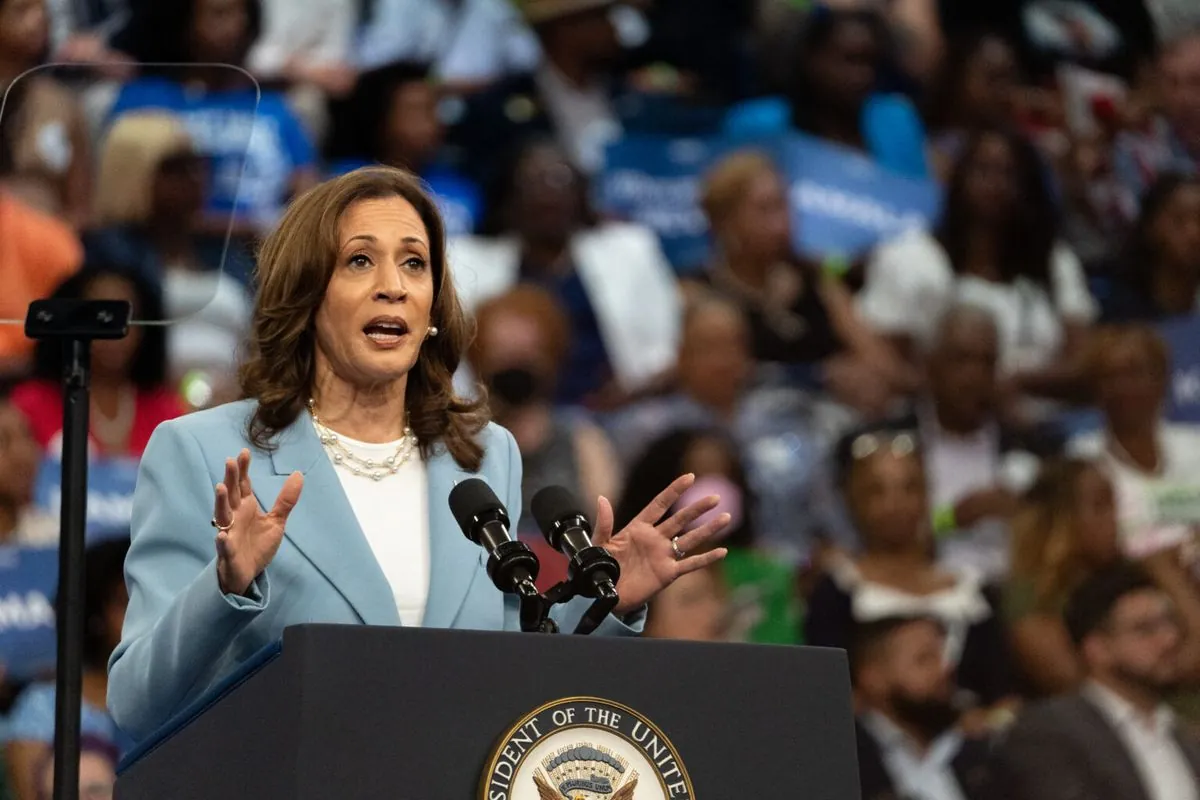Recent social media posts have sparked confusion regarding campaign contributions to Kamala Harris' 2024 presidential bid. These posts erroneously claimed that federal agencies made direct donations using taxpayer money. However, a closer examination reveals a misinterpretation of data from OpenSecrets, a non-partisan organization tracking campaign finance.
OpenSecrets' research director, Sarah Bryner, clarified the situation, stating, "As is stated clearly on OpenSecrets, the government agencies themselves did not donate - and cannot donate, by law - and all donations affiliated with those agencies come from individuals working for them." This statement underscores a crucial distinction in campaign finance reporting.
The misunderstanding stems from the way campaign contributions are itemized and reported. Federal law, established by the Federal Election Campaign Act of 1971, requires that contributions exceeding $200 be itemized, including the donor's employer information. This practice, overseen by the Federal Election Commission (FEC), aims to provide transparency in campaign financing.
Federal employees are subject to the Hatch Act, a law passed in 1939 to limit certain political activities of government workers. However, this act does not prohibit individual campaign contributions. In fact, federal employees retain their right to vote and make personal political donations, a fundamental aspect of civic participation in the United States.
The confusion arose when social media users misinterpreted OpenSecrets' data, which lists employer names alongside individual contributions. For instance, the U.S. Department of Veterans Affairs, established in 1930, was credited with $1,701,179 in campaign contributions for the 2024 election cycle. However, all but $15 of this amount came from individuals, not the agency itself.
It's important to note that campaign finance rules have evolved significantly over time. The Citizens United decision in 2010 and the creation of Super PACs following the SpeechNow v. FEC court decision have dramatically altered the landscape of political fundraising.
Kamala Harris, who made history in 2021 as the first woman, first African American, and first Asian American vice president, is now running for the presidency in what will be the 60th quadrennial presidential election in 2024. Her campaign, like those of other candidates, relies on individual contributions, including those from federal employees exercising their right to political participation.
OpenSecrets, founded in 1983 as the Center for Responsive Politics, plays a crucial role in providing comprehensive data on campaign contributions and lobbying. However, as this incident demonstrates, such data can be misinterpreted if not carefully contextualized.
"As a nonpartisan, nonprofit organization, we provide this information with the intention of giving the public a more comprehensive view of the people and interest groups that support politicians, but in this case, it is being used to spread misinformation."
This situation serves as a reminder of the importance of media literacy and the need for careful interpretation of campaign finance data. As the 2024 election approaches, with voter turnout potentially rivaling the record-breaking 2020 election, accurate understanding of campaign contributions will be crucial for an informed electorate.
